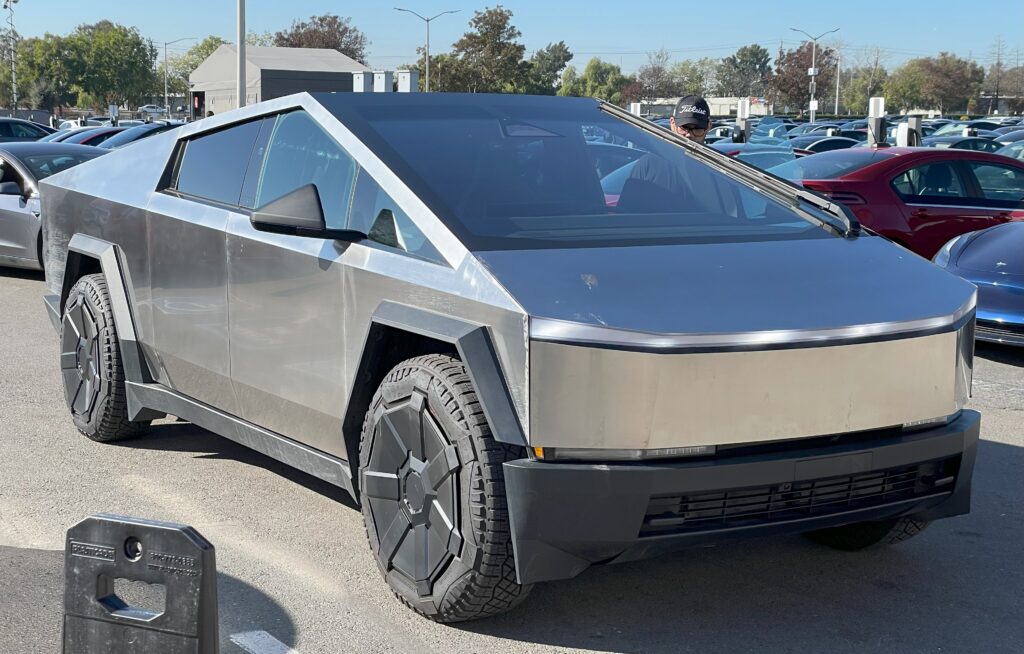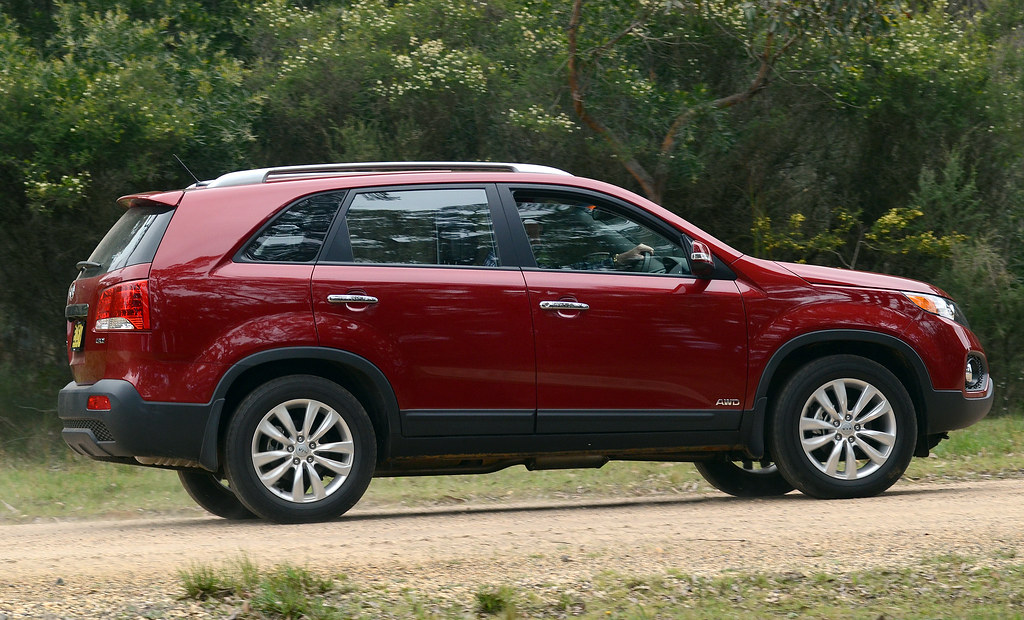
Buying a car today feels less risky, thanks to a wealth of online resources that provide valuable insights, such as Carfax, which offers instant access to a vehicle’s history through its VIN.

Despite the availability of information, many buyers still find themselves pouring money into vehicles that come with serious performance and reliability concerns. The shifting dynamics of the auto market have turned car buying into a major financial decision that requires careful consideration, especially with rising prices and interest rates impacting budgets.

In fact, a recent report from Cox Automotive/Moody’s Analytics revealed that the average new car monthly payment reached a record $733 in July. This uptick signifies that buying a new vehicle currently requires approximately 42.2 weeks of median household income, up 15% from the previous year. These statistics clearly illustrate a vital point: in an era of economic fluctuation, selecting the right car transcends aesthetics or brand loyalty. It’s a pivotal financial choice with potential long-term effects on one’s budget and lifestyle.

It’s essential to be cautious and avoid cars that could lead to ongoing financial pressure due to high maintenance fees or rapid depreciation. Let’s explore some vehicles that expert reviewers recommend steering clear of for a more secure investment.
1. **Chrysler 300**: Ranked No. 6 on Money Inc.’s “20 Cars To Avoid at All Costs in 2023,” the Chrysler 300 is criticized for lagging in technology, underperforming compared to competitors, and having an outdated design. Experts also point out that it’s pricier than many alternatives, and the difficulty in sourcing replacement parts could result in unexpected future expenses.

2. **Buick Encore GX**: Listed as one of the worst models to buy according to TopSpeed, the Encore GX has a Predicted Reliability Rating of 54 out of 100. This model faces issues such as high average maintenance costs, attributed to consistent problems with its brakes, engine, fuel system, and emissions components. Consumers may find that their investment leads to unexpected expenses.

3. **Dodge Caravan**: This vehicle surprisingly ranked No. 1 on Money’s list of cars to avoid, primarily due to its poor performance and fuel efficiency. Despite possessing a “potent engine,” the Caravan suffers from “slow acceleration” and is notorious for its poor fuel economy, averaging only 17 miles per gallon in the city and 25 mpg on the highway. With rising fuel costs, this could make ownership much more expensive than anticipated.
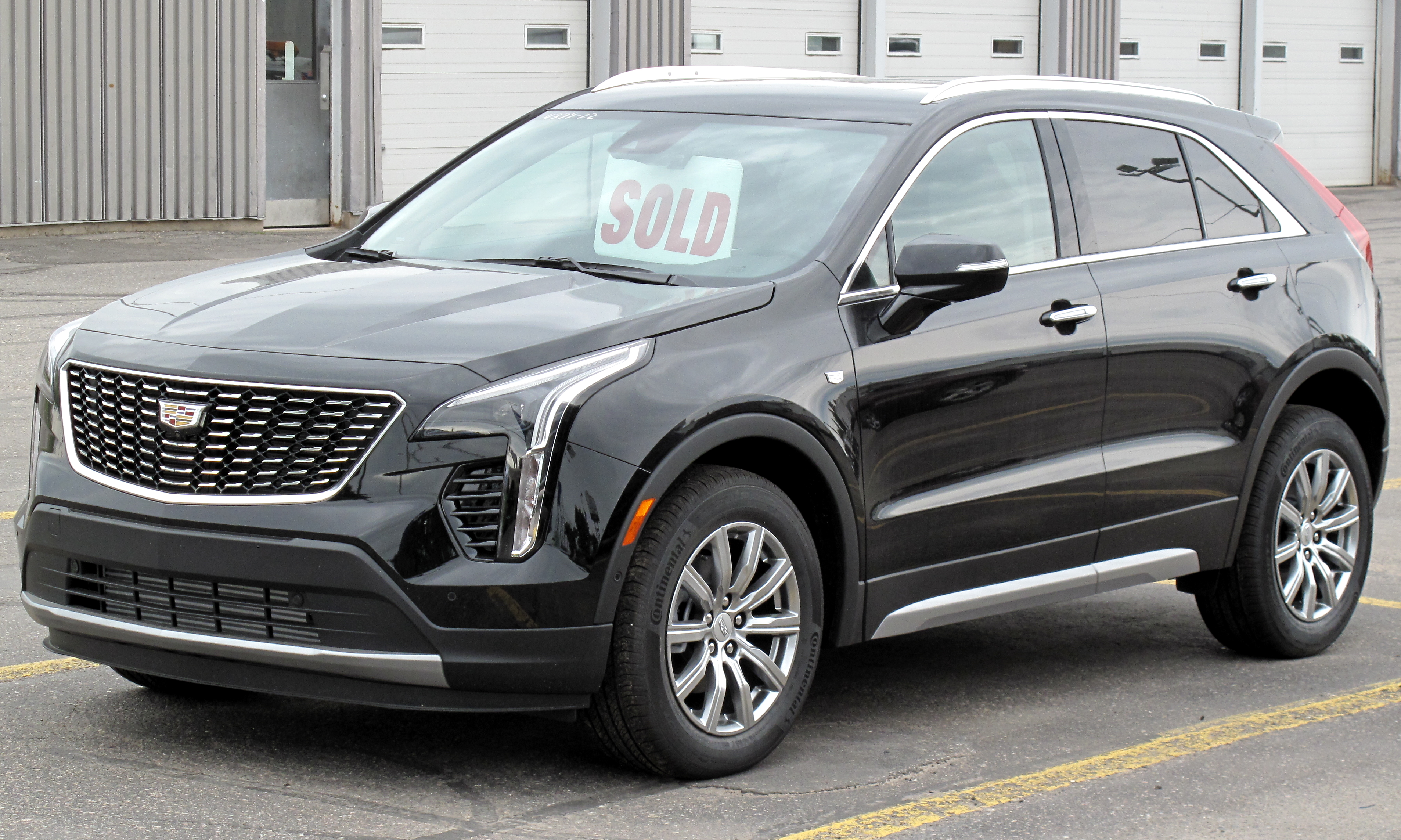
4. **Cadillac XT4 Sport**: The XT4 Sport made Motor1’s list of “Best And Worst Cars We’ve Driven In 2023 (So Far)” under the “worst” category. Motor1 criticized the vehicle for having “no good reason” for consumers to choose it over larger rivals like the BMW X3, Genesis GV70, and Lexus NX. Additionally, issues such as a “thrashy” engine and cramped cabin space suggest that prospective buyers might be better off looking elsewhere unless they can grab a killer deal from the dealership.

5. **Lincoln Aviator**: Another entry on TopSpeed’s list of the most unreliable car brands, the Aviator’s Predicted Reliability Rating is also 54/100. The 2023 and 2021 models, in particular, have had “more than their share of problems,” affecting various components such as the electronics, drive system, suspension, and even the paint and trim. These broad issues could result in significant maintenance headaches and costs for owners.

6. **BMW 7 Series**: Once a flagship sedan, the BMW 7 Series seems to have lost its edge in recent years. Criticized for being “a ponderous, technology-laden vehicle with ungainly handling,” it now ranks among Consumer Reports’ lists of lowest-scoring cars and worst overall values. Not only does it have high operating costs, but it also suffers from poor resale value according to ALG and below-average performance ratings from J.D. Power.
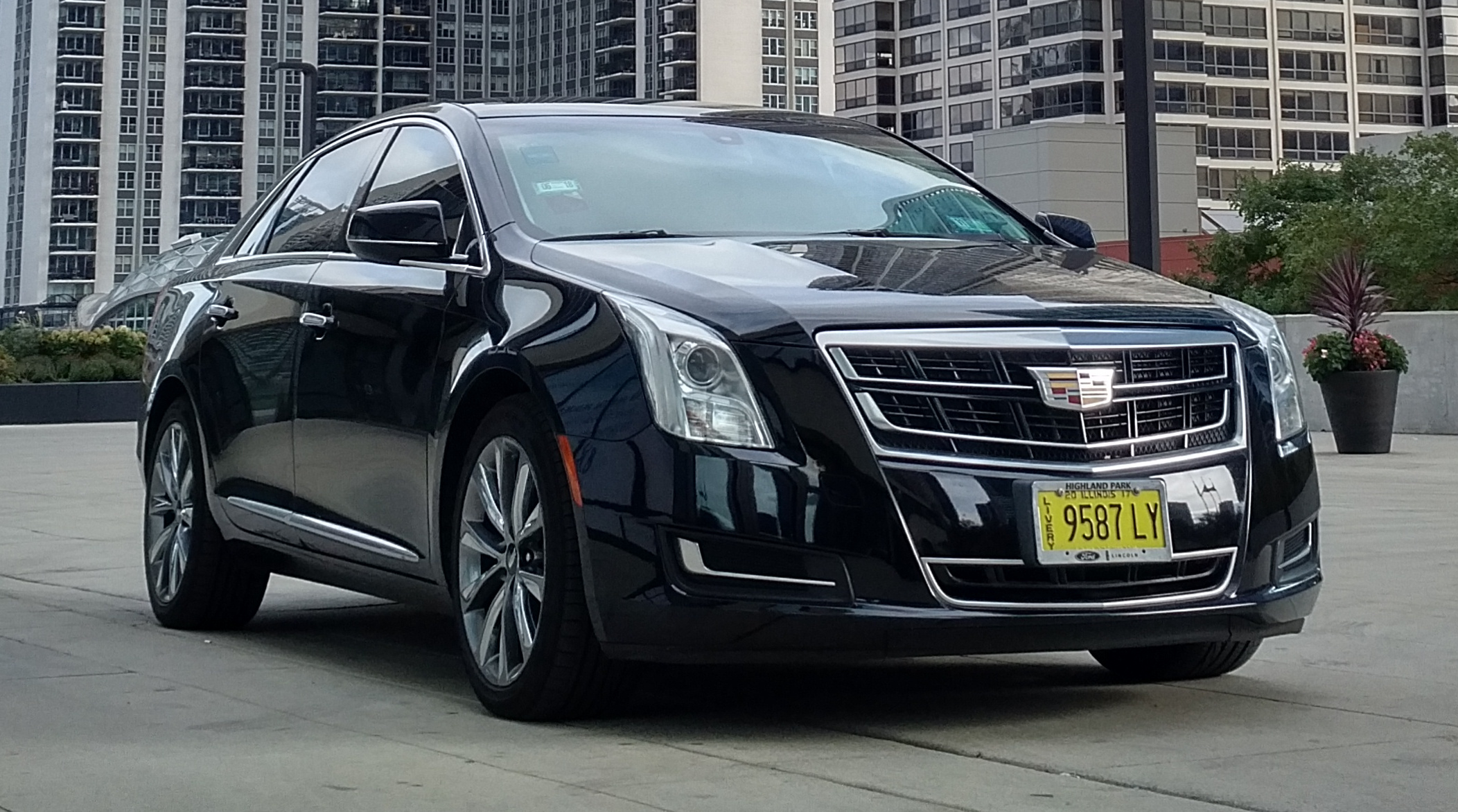
7. **Cadillac XTS**: This full-size front-drive sedan has been found lacking in today’s luxury car market. Consumer Reports lists it among the industry’s worst values, and it seems to fall short in quality and performance compared to its competitors. The perception that the Chevrolet Impala offers similar amenities for less money only adds to the XTS’s unappealing reputation.
8. **Dodge Journey**: The seven-passenger crossover SUV is long overdue for a redesign and is viewed unfavorably due to its “below-average reliability” and sluggish performance. The base model, with its outdated engine and transmission, leaves much to be desired in terms of driver satisfaction. With low reliability and performance scores from J.D. Power, this car may not be a wise investment.
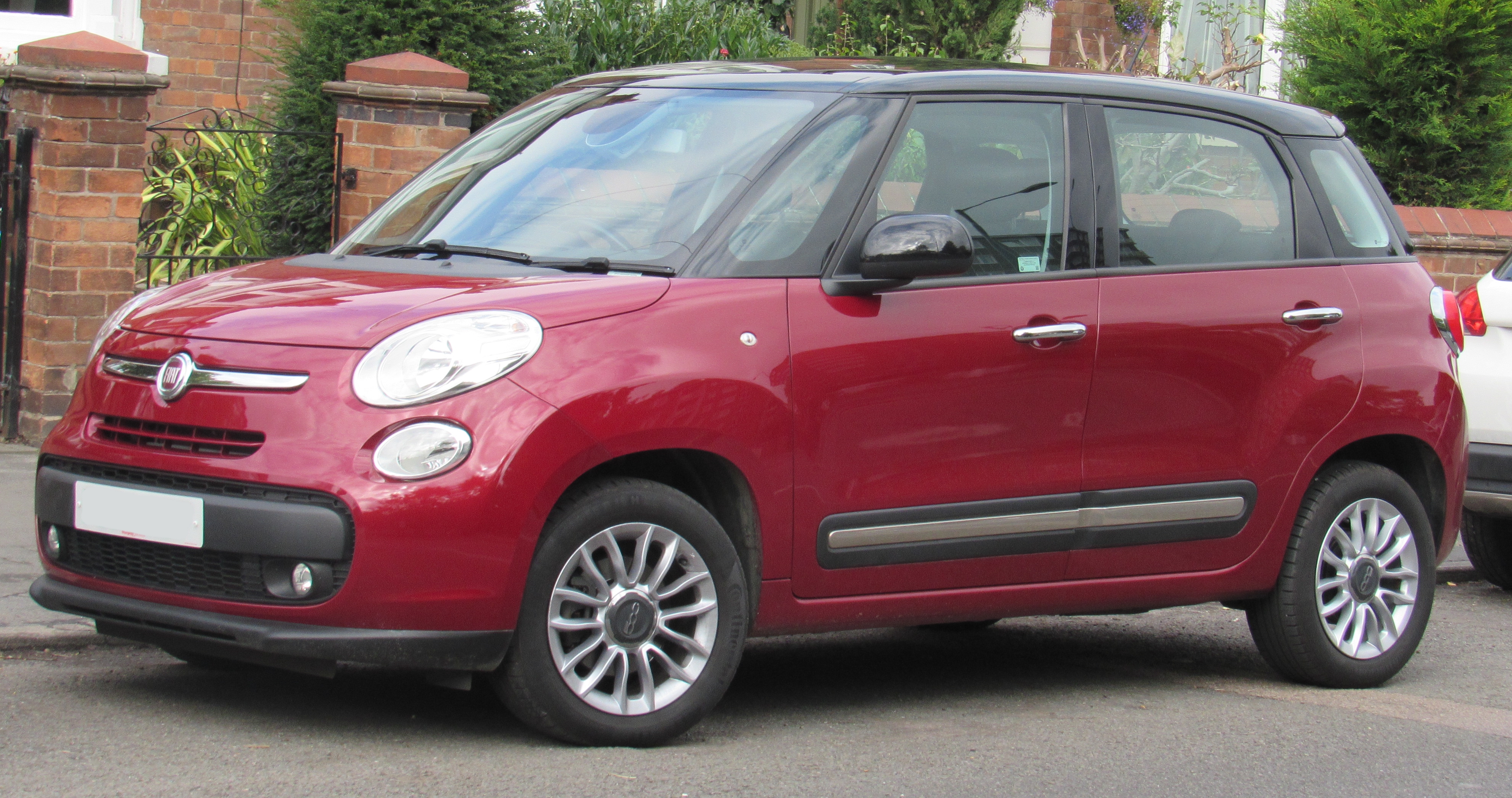
9. **Fiat 500L**: While the Fiat 500 coupe garners praise, the 500L struggles to compete with compact crossovers aimed at families. Its lower quality ratings and performance issues make it a less favorable choice for potential buyers seeking reliability.

10. **Jeep Compass**: Despite some cosmetic updates, the Compass remains a disappointing choice in a crowded market segment. Critics describe it as “dull and sluggish,” and its cramped cabin and low-quality materials only add to its list of shortcomings. Given its low marks in quality and performance, it may not be a standout choice for buyers seeking reliability.

11. **Toyota C-HR**: The Toyota C-HR may boast a stylish design, but it falls short in providing the driving experience expected from a crossover. With a sluggish engine that offers only modest performance, the C-HR often receives criticism for its uninspiring handling and overall lack of power. Coupled with a cramped back seat and limited cargo space, this compact SUV may leave buyers feeling cramped and underwhelmed compared to its rivals.
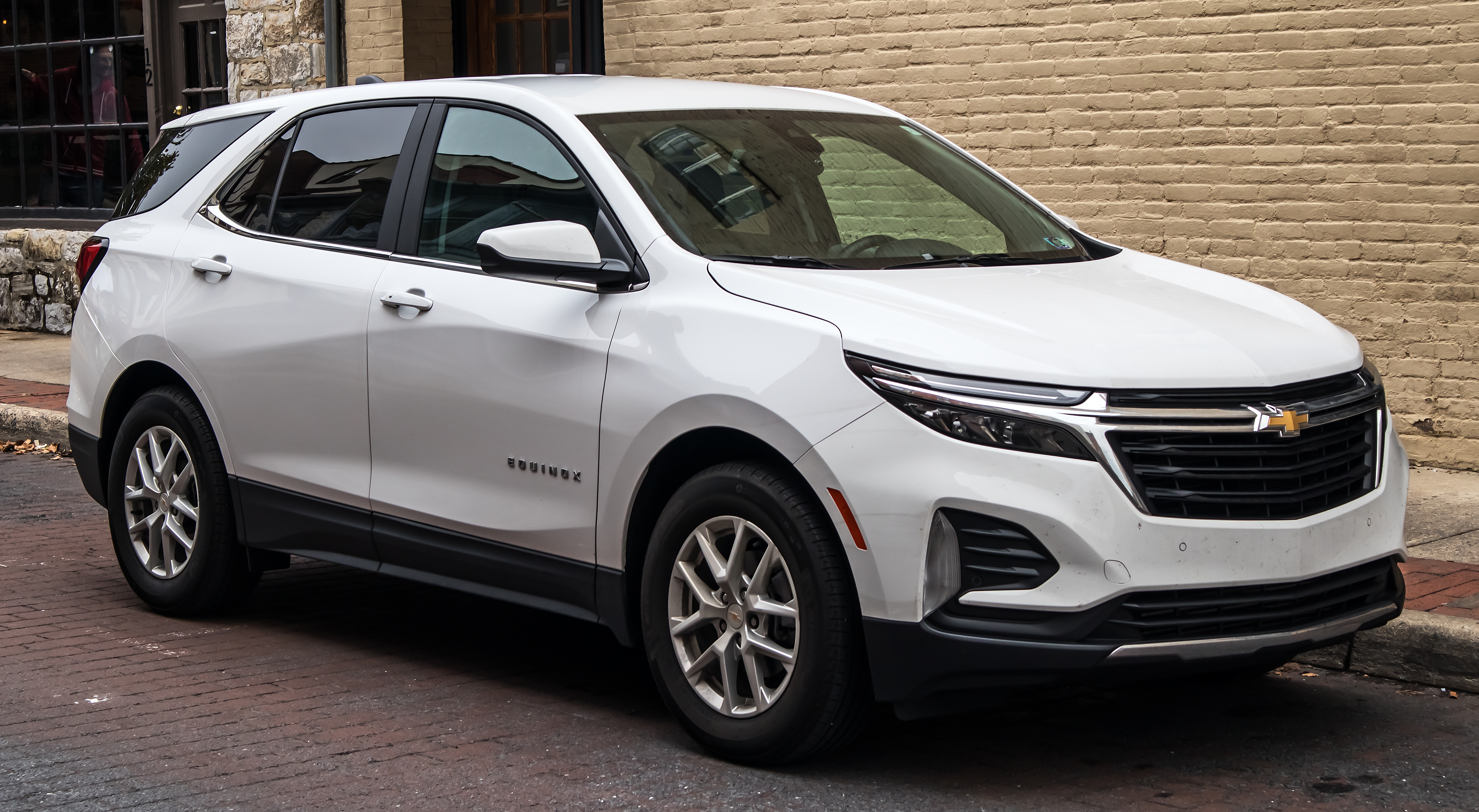
12. **Chevrolet Equinox**: While the Chevrolet Equinox has been a popular choice in the compact SUV segment, recent reliability ratings have raised significant concerns. Consumer Reports notes that many owners report mechanical issues, particularly with the engine and transmission. Additionally, the Equinox’s fuel efficiency is less impressive compared to competition in its class, which could translate to higher long-term ownership costs for consumers.
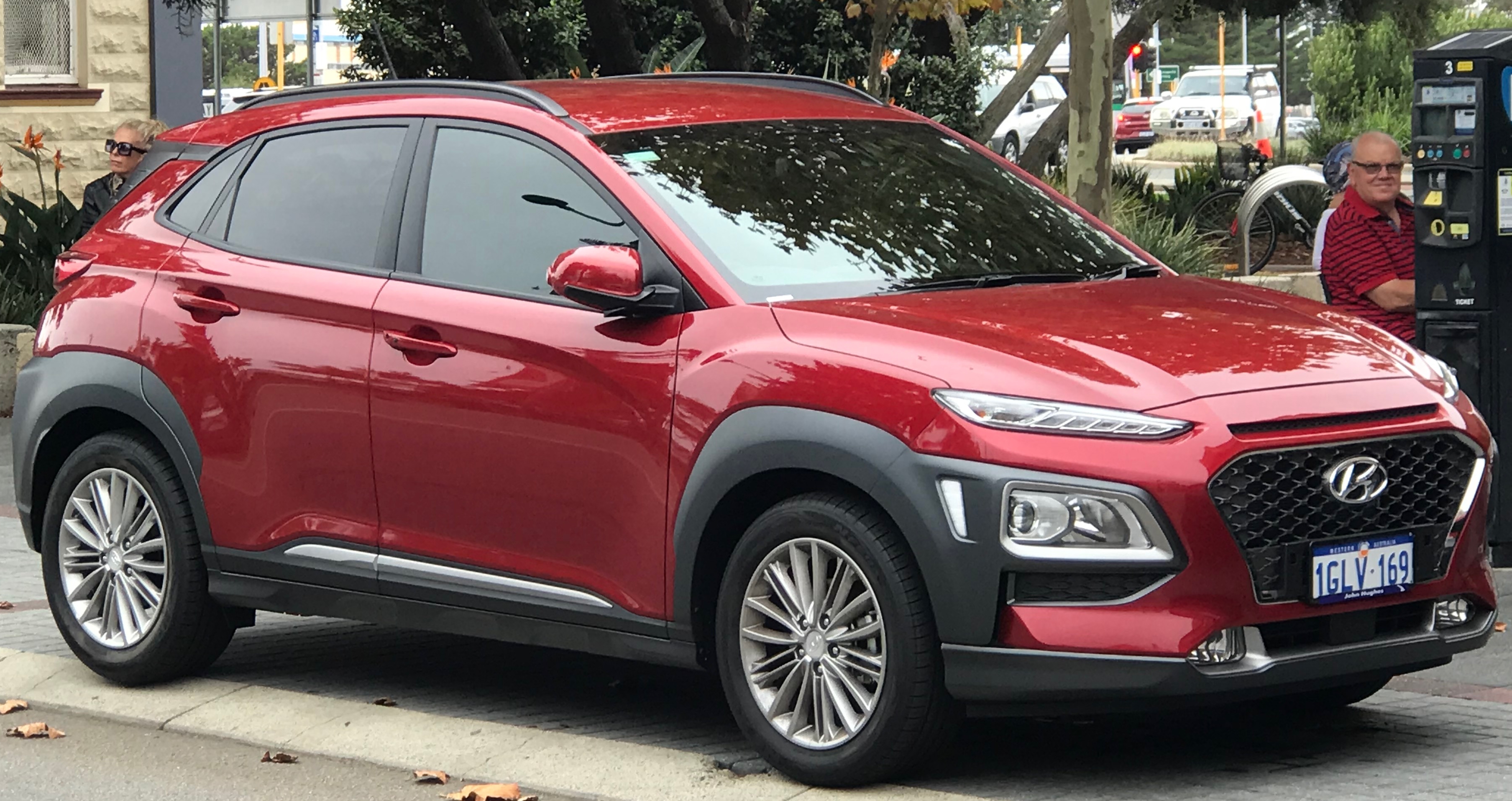
13. **Hyundai Kona**: The Hyundai Kona has its appealing aspects, including a fun design and engaging driving experience, but it suffers from inconsistent reliability. Reviews frequently mention electrical glitches and engine troubles that could become a headache for owners, and despite its sporty look, the Kona often disappoints in performance, making it a risky investment for those prioritizing dependability.

14. **Ford EcoSport**: The Ford EcoSport is a subcompact crossover that has been criticized for its lack of refinement and performance. With a weak engine and a noisy cabin, the EcoSport may not provide the comfortable driving experience that buyers desire. Additionally, the outdated technology features and limited space make it hard to recommend when there are so many better options in the market.
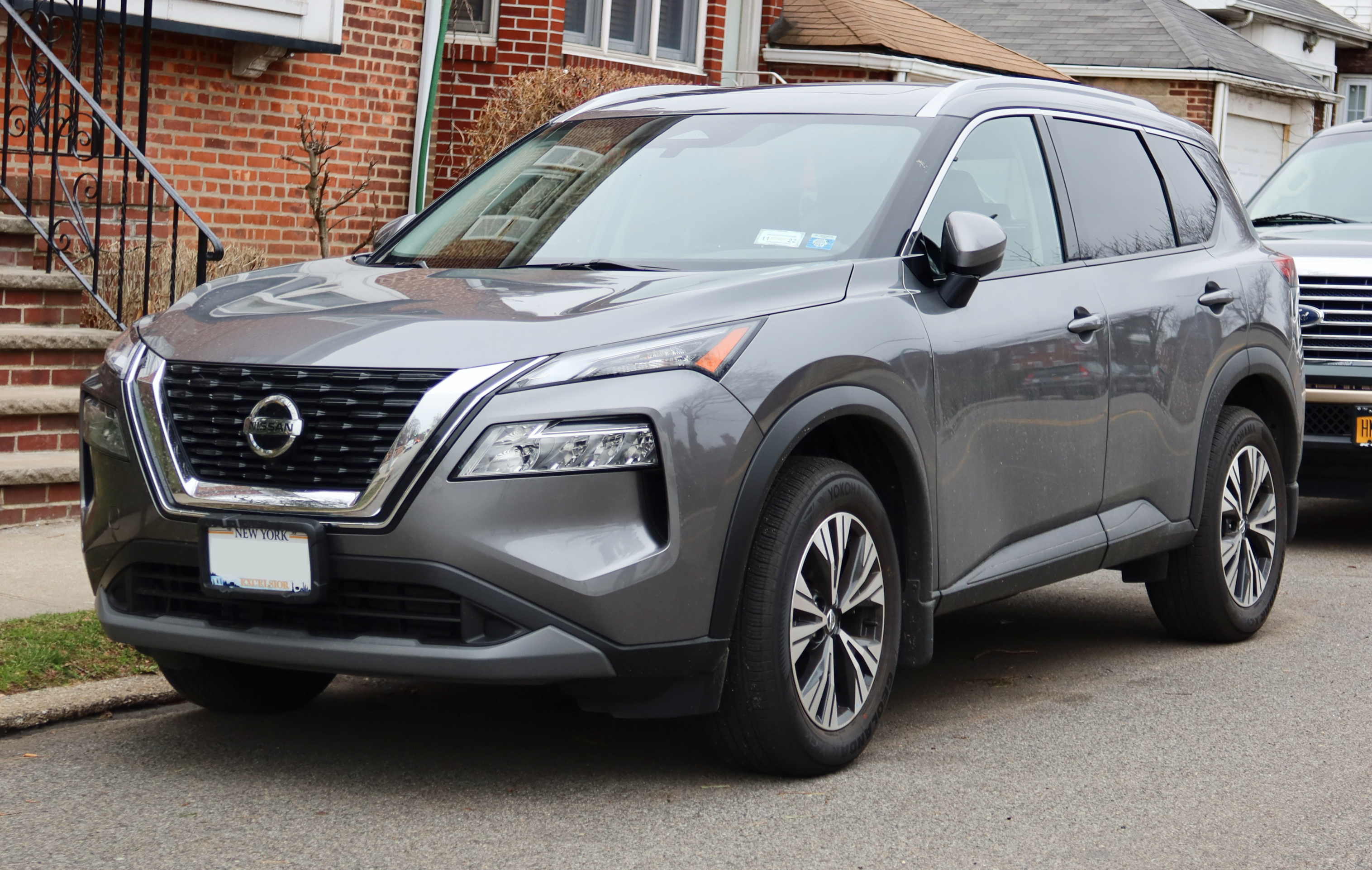
15. **Nissan Rogue**: A well-known name in the compact SUV market, the Nissan Rogue’s recent decline in performance and reliability ratings has raised concerns. Owners have reported issues with its continuously variable transmission, resulting in complaints about sluggish acceleration and responsiveness, and its lackluster handling may deter driving enthusiasts who value an enjoyable experience.
Related posts:
The Top 10 American Cars to Avoid in 2024
15 New Cars To Avoid — The Z
The Worst Cars Of 2024, According To Consumer Reports



